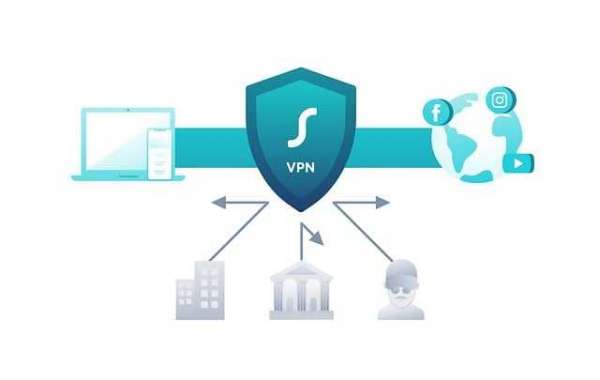Data protection has become increasingly important in the digital age. As more and more of our data is stored online, it is important to ensure that it is secure. One of the best ways to do this is to use a Virtual Private Network (VPN). In this article, we will discuss what a VPN is, the benefits of using a VPN for data protection, different types of VPNs and their associated features, security concerns related to using a VPN and how to address them, steps for setting up a VPN for data protection, and best practices for data protection when using a VPN.
Definition of VPN and its Use as a Data Protection Tool
A Virtual Private Network (VPN) is a secure network that uses encryption to protect data from being intercepted by third parties. A VPN creates a private tunnel between two or more devices, allowing them to communicate over a public network without their data being exposed to outside sources. This makes it an ideal tool for data protection as it keeps your data secure and private.
Benefits of Using a VPN for Data Protection
Using a VPN for data protection has several benefits. It allows you to access the internet anonymously, which means that your online activities are not traceable. Additionally, a VPN encrypts your data, making it unreadable to anyone who may be trying to intercept it. This makes it impossible for hackers to access your sensitive information. Furthermore, a VPN can give you access to geo-restricted content, allowing you to access websites and services that may be blocked in your location.
Different Types of VPNs and their Associated Features
There are several different types of VPNs available, each with their own associated features. Some of the most popular types of VPNs include OpenVPN, PPTP, L2TP, and SSTP. Each type of VPN has its own benefits and drawbacks, so it is important to do some research to determine which type is best for your needs.
Security Concerns Related to Using a VPN and How to Address Them
Although using a VPN is generally considered to be a secure method of data protection, there are a few security concerns that should be taken into consideration. First, it is important to make sure that you are using a reliable and trustworthy VPN provider. Additionally, it is important to ensure that your VPN is up to date and running the latest security protocols.
Steps for Setting Up a VPN for Data Protection
Setting up a VPN for data protection is relatively simple. First, you will need to choose a reliable and secure VPN provider. Once you have chosen your provider, you will need to download and install the appropriate software. After the software has been installed, you will be able to create an account and connect to the VPN.
Best Practices for Data Protection When Using a VPN
In addition to setting up a VPN for data protection, there are a few best practices to keep in mind when using a VPN. It is important to make sure that you are using a secure connection, such as an OpenVPN or SSTP connection. Additionally, it is important to avoid using public Wi-Fi networks and to turn off your VPN when not in use. Finally, it is important to keep your VPN software and security protocols up to date.
Conclusion
Using a VPN is an effective way to protect your data from being intercepted or accessed by third parties. There are several benefits to using a VPN, including anonymity, encryption, and access to geo-restricted content. Additionally, there are several different types of VPNs available, each with their own features. It is important to take security concerns into consideration when using a VPN, as well as to ensure that your VPN is up to date and running the latest security protocols. For those looking to set up a VPN for data protection, follow the steps outlined in this article and keep best practices in mind. For those in Indonesia looking for a reliable VPN, Indonesia VPN is a great option.










